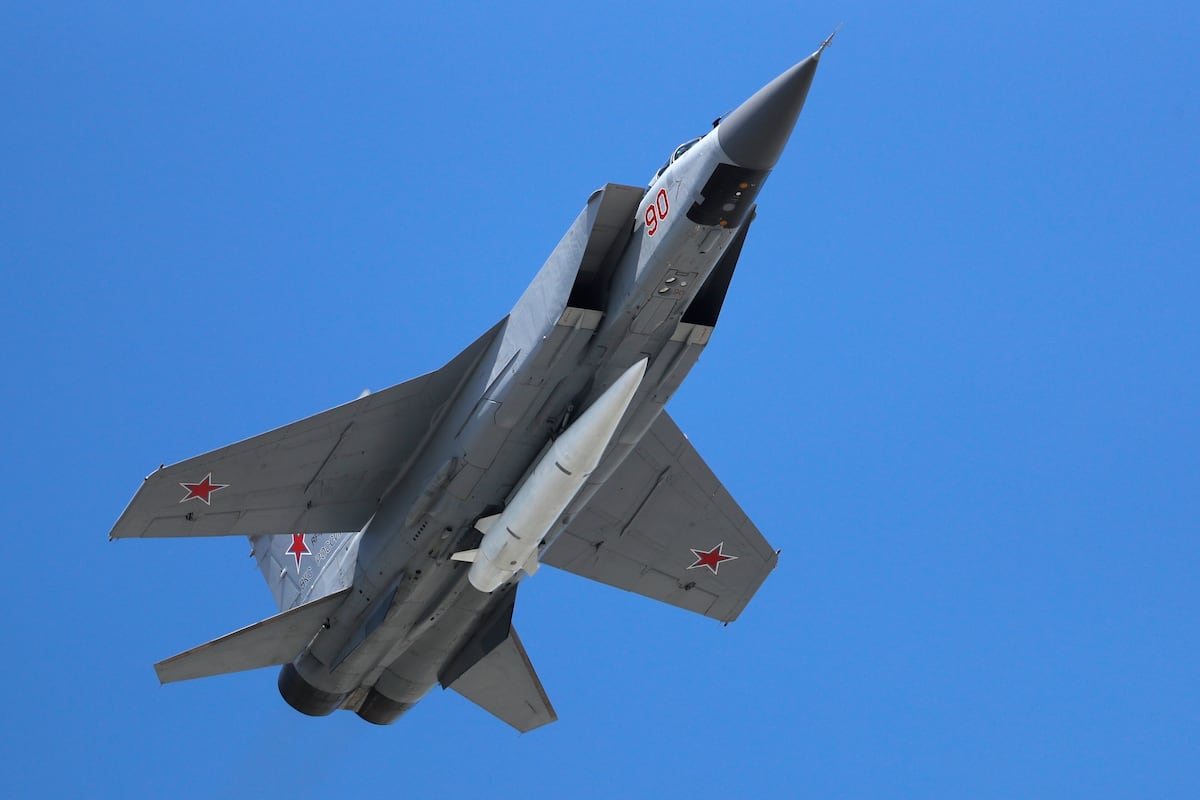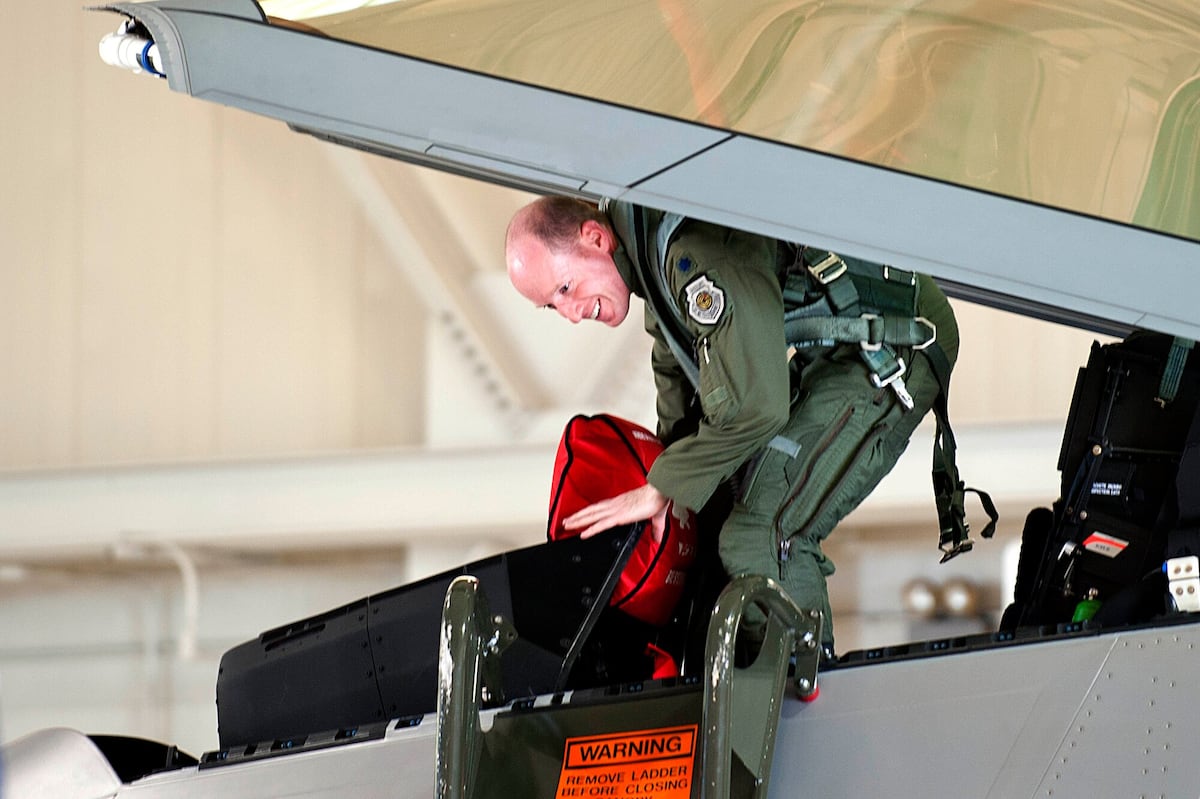MILAN — Russia and Belarus are expected to conduct a joint military exercise next month involving nuclear weapons and Russian-made hypersonic missiles, the Belarusian defense minister said last week.
During a recent press conference in Minsk, Viktor Khrenin declared that the planned “Zapad-2025″ training, to be held from September 12-16, would in part focus on operating the intermediate-range Oreshnik missile, used in Russian-launched attacks on Ukraine.
“This is an important element for our strategic deterrence – as the head of state demands, we must be prepared for anything,” Khrenin was quoted by Reuters as saying in an interview with the Belarusian state news agency Belta.
The first operational use of the Russian-manufactured missile was reported on November 21, 2024, after an attack on a Ukrainian industrial complex in Dnipro.
The remarks from Khrenin were made only two days ahead of the meeting between U.S. President Donald Trump and his Russian counterpart, Vladimir Putin, in Alaska.
RELATED
The joint exercise, which usually takes place every two years, is also planned to include the simulated use of nuclear weapons, although no specific details were given. Ukrainian officials have warned previously that similar events could be used as a potential cover-up for Russian troop deployments.
The 2025 national threat assessment published by the Lithuanian Ministry of National Defense noted that although there are currently no Russian ground maneuver units in Belarus, Russia has continued to utilize Belarusian airspace freely.
Last year, Putin and his Belarusian counterpart, Alexander Lukashenko, signed a treaty providing security guarantees to Minsk, including the potential deployment of Russian nuclear weapons to help fight off any attack.
Nearby neighbour Lithuania, which shares a 679-kilometre border with Belarus, is also conducting its military drill, Arsus Vilkas 2025, taking place until August 22. The event was launched amid the arrival of Russian military equipment in Belarus for the upcoming exercise.
The deployment of Russian hypersonic missiles has posed security concerns regarding their ability to travel at speeds much faster than conventional ballistic projectiles, allowing them to be more challenging to intercept.
Elisabeth Gosselin-Malo is a Europe correspondent for Defense News. She covers a wide range of topics related to military procurement and international security, and specializes in reporting on the aviation sector. She is based in Milan, Italy.
Read the full article here








Leave a Reply